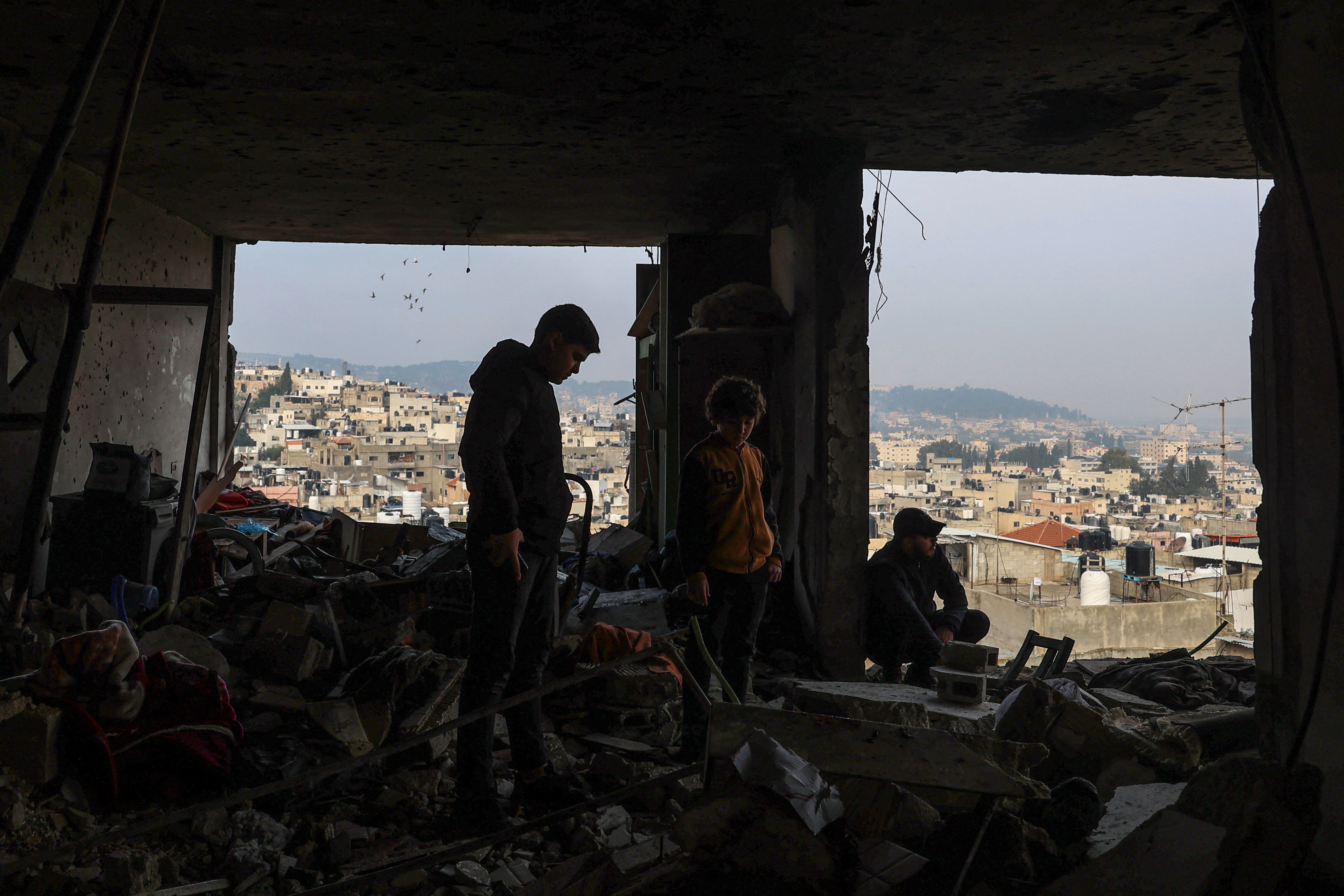Gaza ceasefire deal threatened after Israel delays approval vote

Qatar announced on Wednesday evening that Israel and Hamas had agreed on a ceasefire in Gaza, including the release of Israeli hostages in exchange for Palestinian prisoners. However, a last-minute delay by Israeli prime minister Benjamin Netanyahu threatens to derail the ceasefire before it has even begun.
After 15 months of war in Gaza, an end finally seemed in sight on Wednesday. Qatar, which has acted as a mediator in the conflict, announced that the Palestinian militant group Hamas and the Israeli government had agreed to a six-week ceasefire that will come into effect on 19 January.
The first phase of the agreement will last 42 days, Qatar said, and includes a ceasefire and the withdrawal of Israeli troops away from populated areas. Israeli troops will then be deployed along the Gaza border, allowing for the exchange of prisoners and bodies and the return of displaced people to their homes.
Ongoing violence
But the violence in the region has not stopped. Since the announcement, more than 80 people have been killed in Gaza, according to the Hamas Health ministry. This is because the Israeli government has not yet accepted the deal.
On Thursday morning, the office of prime minister Benjamin Netanyahu announced that the vote on accepting the ceasefire had been delayed. Netanyahu's office claims that "Hamas is reneging on parts of the agreement (...) in an attempt to extort last-minute concessions."
This is denied by Hamas. A spokesperson said on Thursday that the organisation remained committed to the agreement announced by Qatar.
Far-right pressure
Israel's manoeuvre may have been prompted by protests from the far-right Religious Zionism party. According to Israeli media reports, the extremist party is threatening to quit Netanyahu's government over the ceasefire. It would only agree to stay if Netanyahu agreed to "Israel's return to war to destroy Hamas" after the first phase of the deal ends.
Going through with the ceasefire deal would leave Netanyahu without a majority, unable to govern. But reneging on the deal would damage his relationship with US president-elect Donald Trump, who has already taken credit for the ceasefire deal on social media.
Everything will depend on the outcome of the Israeli cabinet vote. A new time for the vote has not yet been announced.
© PHOTO ZAIN JAAFAR / AFP
Related news
